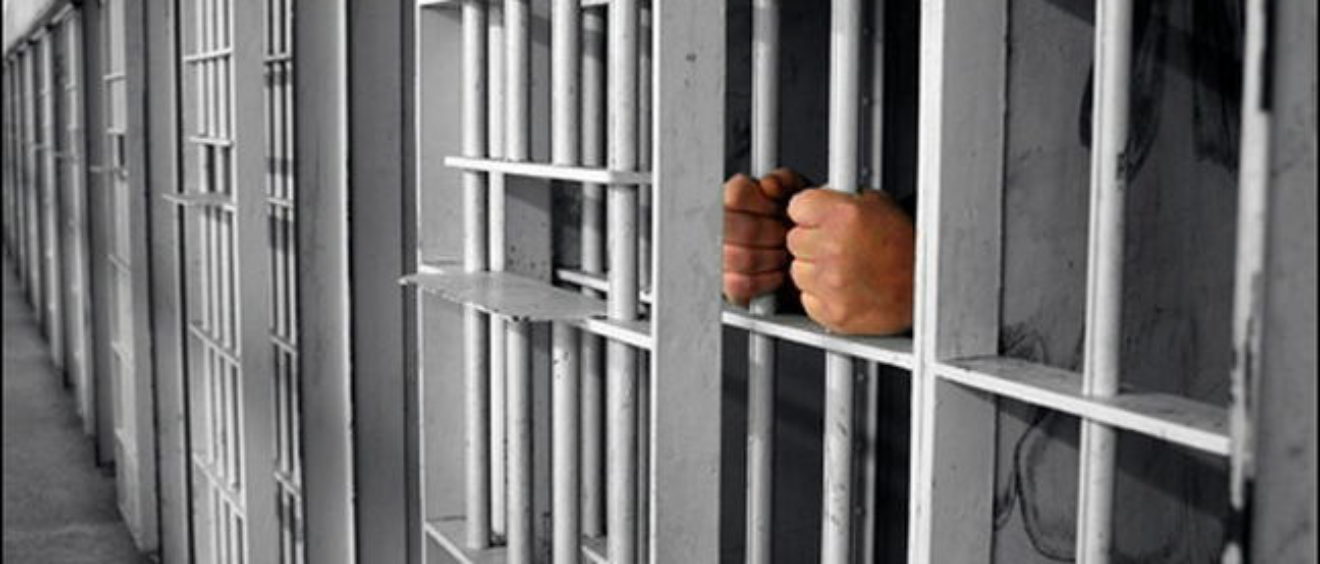
Are You a Victim of Injustice?
Are you a victim of injustice? Have you been abused? Forgotten? Betrayed by those who should have loved and protected you? Falsely accused of things, even of crimes, that you have not done?
You are not alone.
The Bible tells the stories of other victims of tragic injustice: Hagar, the Israelites in Egypt, and many others. But perhaps the rawest example of all is Joseph, the man whom history judges as blameless yet who undergoes wave after wave of injustice that threaten to pull him under their sweeping power and drown him. So how does Joseph respond to such blatant injustices? And how does it all end for him?
Sold into Slavery by His Own Brothers – Genesis 37
Joseph came from a big family with 11 brothers and sisters. In big families, you may fight with your brothers, but you stand together against the world. But there was no such bond of loyalty in Joseph’s family. His brothers were jealous of him (v. 11). In fact, they hated him (v. 4, 8) so intensely that they couldn’t even speak civilly to him (v. 4). Constantly harboring this hostility, when they ended up in a remote and lonely moment with Joseph, they conspired to kill him (v. 18-20). Reuben, his oldest brother, talked them out of murder, but the brothers ended up selling Joseph as a slave to a band of Midianite traders passing by on their way to Egypt.
From favored son to anonymous slave in a foreign country, target of the malevolent jealousy of his own flesh and blood brothers, Joseph is the victim of injustice.
Falsely Accused and Imprisoned by His Boss – Genesis 39
Upon arrival in Egypt, Joseph is promptly sold to Potiphar, a ranking member of the palace guard under Pharaoh. Joseph had been a very privileged young man while growing up, but we see nothing of narcissistic entitlement in Joseph when he loses his pampered position in the family. Joseph does not retreat into self-pity or become bitter at God and the world for how they have treated him. Rather, it appears that Joseph is energetic, entirely trustworthy and committed to the success of his new master more than to his own personal prestige or advantage. Through hard work, integrity and wise choices, Joseph earns increasingly more responsibility and authority in Potiphar’s household until he reaches the post of overseer of the entire household.
At this point, Potiphar’s wife notices the handsome and successful young Joseph and repeatedly attempts to seduce him. But Joseph consistently resists her advances and maintains his integrity and purity. Spurned, she lies about Joseph to her husband, falsely accusing him of attempting to rape her. Potiphar angrily has him thrown into prison.
Unjustly accused of the very thing that he had steadfastly refused doing, he is stripped of all his privileges and is chained and imprisoned (Psalm 105:17-18). Once again he is alone in a foreign country, now in prison, yet the Lord is with him, and this makes all the difference.
Broken Promises and Forgotten in Prison – Genesis 40
Does Joseph bury himself in bitterness, resentment and anger? Does he give up on God, on the system , and on ever trying again? Far from it. He fully engages himself in his new life in prison, exhibiting the same kind of wise, trustworthy, selfless service that he had in Potiphar’s household, and God is with him (39:21). The chief prison warden notices the new prisoner and gives him increasingly more responsibility until Joseph is in charge of the entire prison (39:22) with complete executive authority over the entire place (39:23).
Sometime later, two members of Pharaoh’s court are confined to prison and have dreams that foreshadow their fates. Joseph interprets their dreams, correctly predicting that the chief cupbearer will be restored to his favored position before Pharaoh and that the chief baker will be executed, all within the next three days. Joseph asks the cupbearer not to forget him when he is restored to Pharaoh’s service and to intercede for Joseph. Yet when the cupbearer is released from prison and restored to the court, he completely forgets Joseph (40:23). So, Joseph’s hope fades and he languishes for two more years in prison.
How does Joseph process all this injustice? How does it influence and shape his outlook? The answer is clearly seen when Joseph is the chief executive of Egypt and his brothers stand before him (45:4-15). He is not a prisoner of his past; he has no thoughts of revenge. Why and how? The key is Joseph’s faith. Joseph looked behind and beyond the people who trashed him and the injustice of it all to the God arranging these events. And for just this reason he was freed from fixation both on himself and on the pain and injustice that was forced upon him. Joseph knew, and he would not let go of his belief, that God was in charge of his life events and destiny (“it was not you, but God” – 45:5,7,8). Joseph was fully aware of their motives (“you meant evil against me”), but he lifts his eyes to God who overrules all their treacherous designs with His good purposes (50:19-21). Joseph believed that all he had experienced was the best path, wisely chosen by a gracious God for good. Joseph maintained his faith that God is God, that God is good, and that God was Lord of his personal history. Victim of injustice? Or precious child of God, for whom God worked it all together for good?
